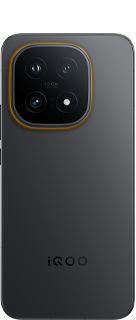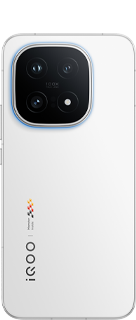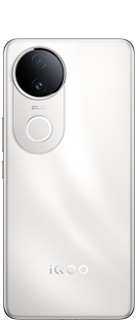Transforming Healthcare in India: A Technological Revolution
Hey Questers
India's healthcare sector is undergoing a rapid transformation, driven by the power of technology. From telemedicine to AI-powered diagnostics, innovative solutions are revolutionizing the way healthcare is delivered, accessed, and experienced.
The Digital Disruption: Key Technologies Driving Change
1. Telemedicine: Bridging the Gap
- Remote Consultations: Telemedicine platforms enable patients to consult with doctors from the comfort of their homes, reducing the need for physical visits.
- Increased Accessibility: This is particularly beneficial for individuals residing in rural areas or remote locations, who may have limited access to quality healthcare.
- Reduced Wait Times: Patients can access medical expertise more quickly, reducing waiting periods for appointments.
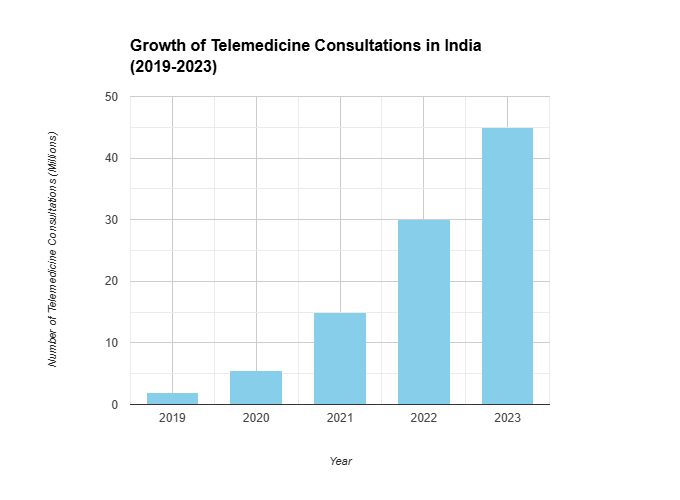
2. Electronic Health Records (EHRs): Empowering Patient Care
- Digital Patient Records: EHRs store comprehensive medical histories, test results, prescriptions, and other vital information.
- Improved Coordination: Healthcare providers can access and share patient information seamlessly, ensuring coordinated care.
- Enhanced Decision-Making: Data-driven insights from EHRs support informed clinical decisions.
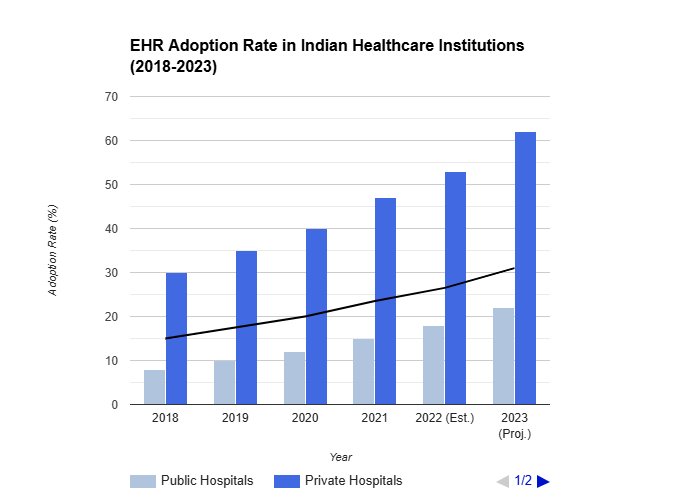
3. Mobile Health (mHealth): Putting Health in Your Hands
- Health Apps: Mobile applications empower individuals to track health metrics, manage chronic conditions, and access health information.
- Remote Patient Monitoring: Wearable devices and mobile apps enable continuous monitoring of vital signs, allowing for early intervention and better disease management.
- Health Education: mHealth platforms deliver health education and awareness campaigns, promoting preventive healthcare.
4. Artificial Intelligence (AI) and Machine Learning: Revolutionizing Diagnosis and Treatment
- Medical Image Analysis: AI-powered algorithms can analyze medical images like X-rays, MRIs, and CT scans, aiding in early detection of diseases.
- Drug Discovery: AI accelerates the process of drug discovery and development.
- Personalized Medicine: AI enables tailored treatment plans based on individual patient data, improving outcomes.
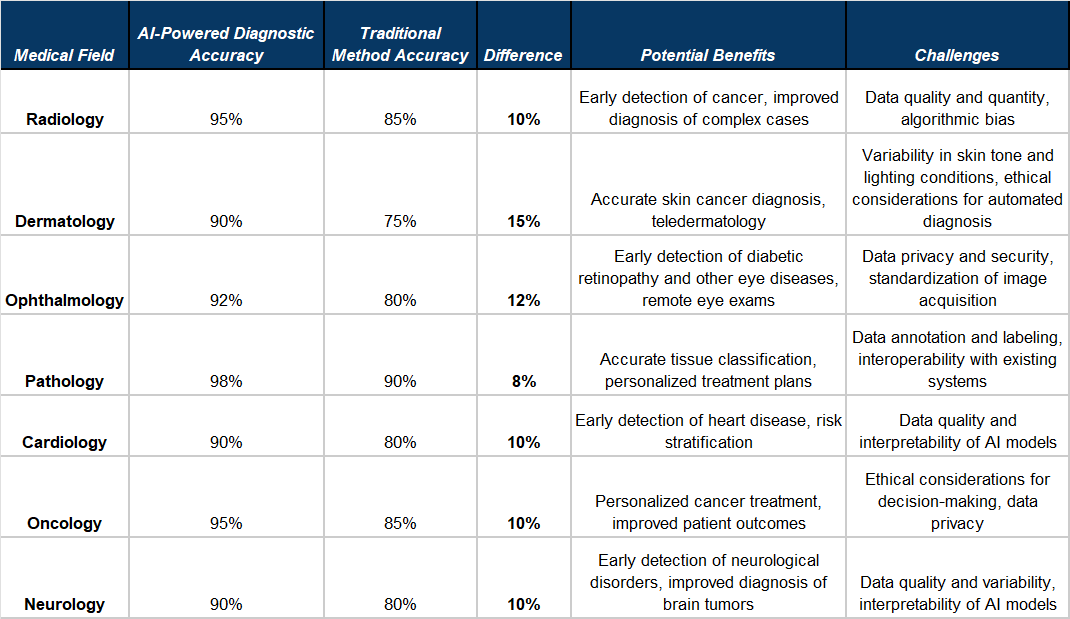
5. Internet of Things (IoT): Connecting Healthcare Devices
- Wearable Devices: IoT-enabled devices like smartwatches and fitness trackers monitor vital signs, activity levels, and sleep patterns.
- Smart Medical Devices: Remote monitoring of patients' health conditions is made possible through IoT-connected devices.
- Connected Healthcare Devices: Seamless data sharing between devices and healthcare providers enables real-time insights.
Government Initiatives Driving Digital Health
The Indian government has taken significant steps to promote digital health:
- Ayushman Bharat Digital Mission (ABDM): Aims to create a digital health ecosystem, including digital health IDs for every citizen.
- e-Sanjeevani: A telemedicine platform providing remote consultations.
- CoWIN: A platform for COVID-19 vaccine registration and certification.
- Aarogya Setu: A contact tracing app to curb the spread of COVID-19.
Challenges and Opportunities
While technology offers immense potential, challenges remain:
- Digital Divide: Ensuring equitable access to technology, especially in rural areas.
- Data Privacy and Security: Protecting sensitive patient information.
- Regulatory Framework: Developing clear guidelines for the use of technology in healthcare.
The future of healthcare in India is bright, with technology playing a pivotal role in improving patient outcomes, reducing costs, and enhancing overall healthcare delivery.
Key Applications of AI in Healthcare
1. Medical Image Analysis
- Early Disease Detection: AI algorithms can accurately detect diseases like cancer, heart disease, and neurological disorders from medical images such as X-rays, MRIs, and CT scans.
- Improved Diagnostic Accuracy: AI-powered tools can assist radiologists in identifying subtle abnormalities, leading to more accurate diagnoses.
2. Drug Discovery and Development
- Accelerated Research: AI can significantly speed up the drug discovery process by identifying potential drug candidates and optimizing their design.
- Personalized Medicine: AI-driven insights can help tailor drug treatments to individual patients based on their genetic makeup and other factors.
3. Clinical Decision Support Systems
- Enhanced Decision-Making: AI-powered clinical decision support systems provide evidence-based recommendations to healthcare providers, improving patient care.
- Reduced Medical Errors: By analyzing patient data and medical guidelines, AI can help identify potential errors and adverse drug reactions.
4. Predictive Analytics
- Risk Stratification: AI algorithms can identify patients at high risk of developing certain diseases, enabling early intervention and preventive measures.
- Resource Optimization: By predicting patient demand, healthcare organizations can allocate resources more efficiently.
5. Robotic Surgery
- Minimally Invasive Procedures: AI-powered robotic systems enhance surgical precision and reduce patient recovery time.
- Remote Surgery: Robotic surgery can be performed remotely, expanding access to specialized care.
While AI offers immense potential, it's crucial to address ethical considerations, data privacy concerns, and the need for human oversight. By responsibly harnessing the power of AI, we can transform healthcare delivery and improve patient outcomes.
See you online.
⏩ Follow me for more updates.
HAPPY QUESTING
I Quest On & On
Quester
iQOO Community
@iQOO Connect @NipunMarya @parakram_h
@TechSAM009 @MKJEDI @Balajibalu_techie @JStreetS @Devasish Saikia @NITIN @arjunbansal @Dhiraj Kumar @Tilak
Please sign in
Login and share
